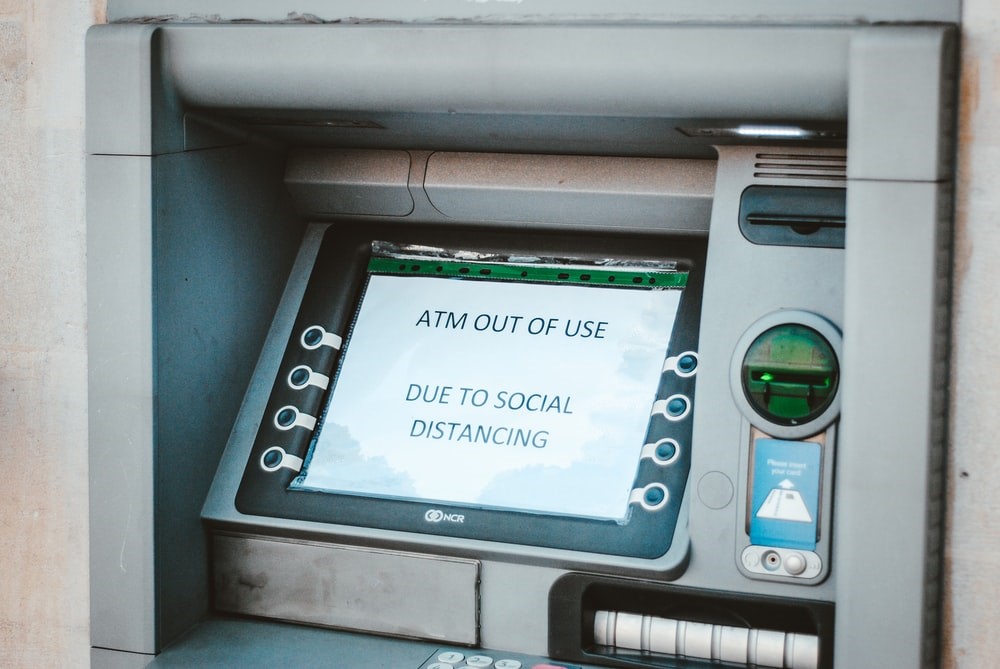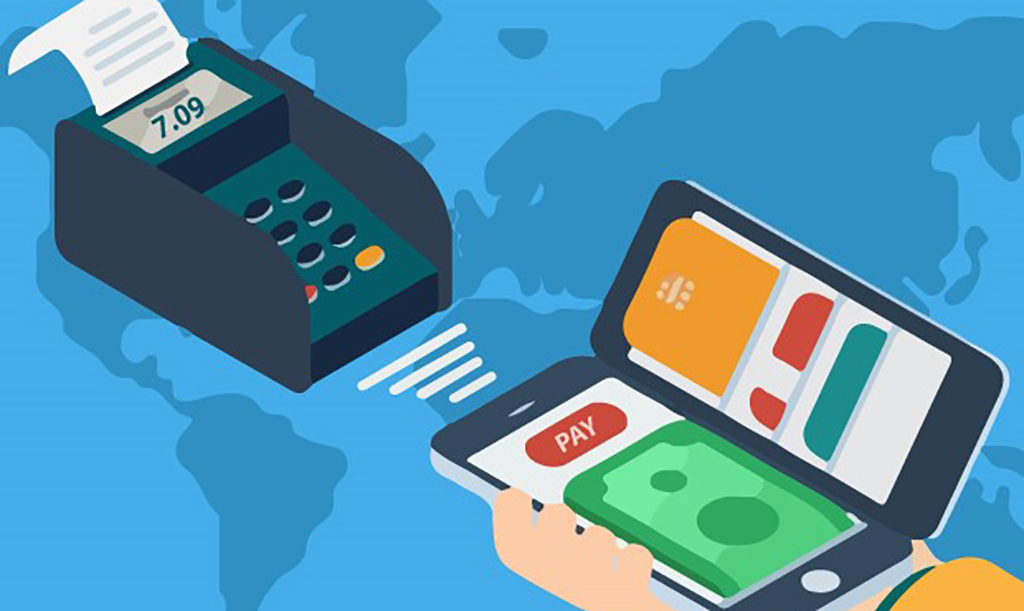The Opportunities and Threats of FinTech during COVID-19
26 April 2020
In the midst of the global Coronavirus outbreak, many
countries are imposing strict restrictions and telling their citizens to stay
at home for their own health & well-being. This challenging time has
redefined many traditional ways in which businesses work and has forced them to
apply unconventional methods to their daily operations on all levels.
The already-thriving FinTech sector is bound to witness a
great surge in innovation, with the world turning to digital platforms now more
than ever. FinTech has been coming with creative and out-of-the-box solutions
to deal with the increasing demand of digital financial services since the
pandemic has started. Today, FinTech as an industry is solving unprecedented
problems and is planning for an inevitable digital future.
Banks are FinTech companies’ new best friend
A global crisis is as good a reason as any for competitors
to let down their differences and connect on a more important level; the level
of the customer and his needs. Banks are increasingly adopting FinTech concepts
and collaborating with young or established companies to leverage their
offerings through digital channels. Equipped with secure, easy and reliable
technologies, FinTech entities are some of the best suited companies to take on
these troublesome times.
Banks and FIs with no access to digital platforms will find
themselves in a tough spot during this ongoing outbreak. However, they could
reach out and establish relationships that are mutually beneficial for both
parties and the most important party of all; the consumer. Remotely connecting
people through digital touchpoints and providing them with the services they
are used to is paramount to giving them access to their finances, without any
need for physical relocation. These relationships are surely fruitful in the
short term with COVID-19, but could also prove to bridge the existing gaps
between FinTechs and traditional FIs in the long term.
Coronavirus FinTech Challenges
FinTech companies, like almost everyone else, have
restricted their staff to working in the safety of their home and this entails an
ongoing effort to provide fast, stable technologies for businesses to run on. Employees
in the FinTech industry are required to work now more than ever, in terms of
ensuring continuous operating platforms with no crashes or issues, as well as
in terms of coming up with contingency plans for unplanned events like the
Coronavirus during times of volatile uncertainty like today.
The impact of the virus has also led to increased
requirements of adaptability for various businesses, and FinTech is no
exemption. Platforms need to be restructured to be more flexible and built on
agility principles to overcome such unusual events as a virus outbreak. A great
example is the internal video chatting platforms that were once considered
optional, and are now the main means of communicating as long as the global
population is at threat.
Connecting with clients and communities
Part of these adapibility measures for businesses is
extending their range of services to existing clients and also striving to
acquire new ones. Communities also benefit greatly from these measures, from
wealth management to lending to quick & easy payment transactions. A
prominent example is FinTechs allowing free transfers for customers to help
ease the economic impact of the times.
In case companies are not doing any special offers at this
time, just being there for communication and support to their customers is
enough to strengthen relationships with clients, at a time when they feel the
most vulnerable. Quality customer support via online channels and customized
solutions go a long way to establish customer and brand loyalty.
SMEs under threat
Small & medium businesses might be the most affected of
the business sector by the corona crisis, and FinTech companies can play a huge
role in supporting them and empowering their offerings. Paying online and
conducting financial operations is crucial at this stage, as SMEs are almost
completely dependent on digital finance. FinTechs have helped SMEs by launching
campaigns to sell their products, locating supplies where there is a shortage,
raise funding for medical supplies and donations and much more. Offering
services that are free of charge is also a big trend during these times.
As the developing situation of COVID-19 around the world
brings many industries to a partial or total halt, financial technology is here
to support and help out in all its capacity. Digital applications are needed
more than ever, and it is the humans behind these FinTech companies that
support this global pandemic until these hard times are nothing but history.
Tags
Coronavirus, COVID-19, pandemic, SMEs, banks, financial
institutions, remote work, working from home, digital finance, FinTech
challenges, FinTech opportunities, VoIP, video chatting, lending
related articles

Financial Health is What FinTech Should Be Empowering

Can the Middle East Bloom Into A Global FinTech Hub?

Setting Digital Banking Transformation Priorities During a Pandemic

Can Blockchain Technology Affect Banking and FinTech?

The Challenges that FinTech Startups in Emerging Markets need to consider

Four FinTech Elements Affecting the Retail Banking Ecosystem

Regulatory Technology is the Unsung Hero of Digital Transformation

The Impact of IoT on FinTech & Banking

Shifting from Disruption to Innovation through FinTech Partnerships in COVID19 pandemic.

Going Cashless is the new way to go in a Post-Coronavirus Future

Relevance of Scheduling Apps for Bank Appointments is Skyrocketing

How is Banking Changing with COVID-19?

Customer Service Transformation has become a must in a Digital World

The Impact of Coronavirus on the Financial Sector

FinTech’s Critical Role in the Battle Against the Coronavirus

6 Benefits of Blockchain Technology in Finance

Disrupt Africa: Egypt is Leading African Tech Hub in 2019

MSME Lending & FinTech: What to Expect in 2020

The Potential of Peer-to-Peer Lending in the Middle East

How FinTech is Changing the Finance Industry.

Singapore FinTech Festival 2019: A Meeting of the Minds

Digital Banking vs Physical Branches: Competition Not Mandatory

‘Travelex Business’ Launched as New B2B FinTech Platform

Five Technologies Expected to Reshape FinTech in 2020

Bahraini Bank ABC pioneers e-KYC Capability in the Middle East

Bridging the credit gap through crowdfunding


 0
0
 3.4k
3.4k 



Comments